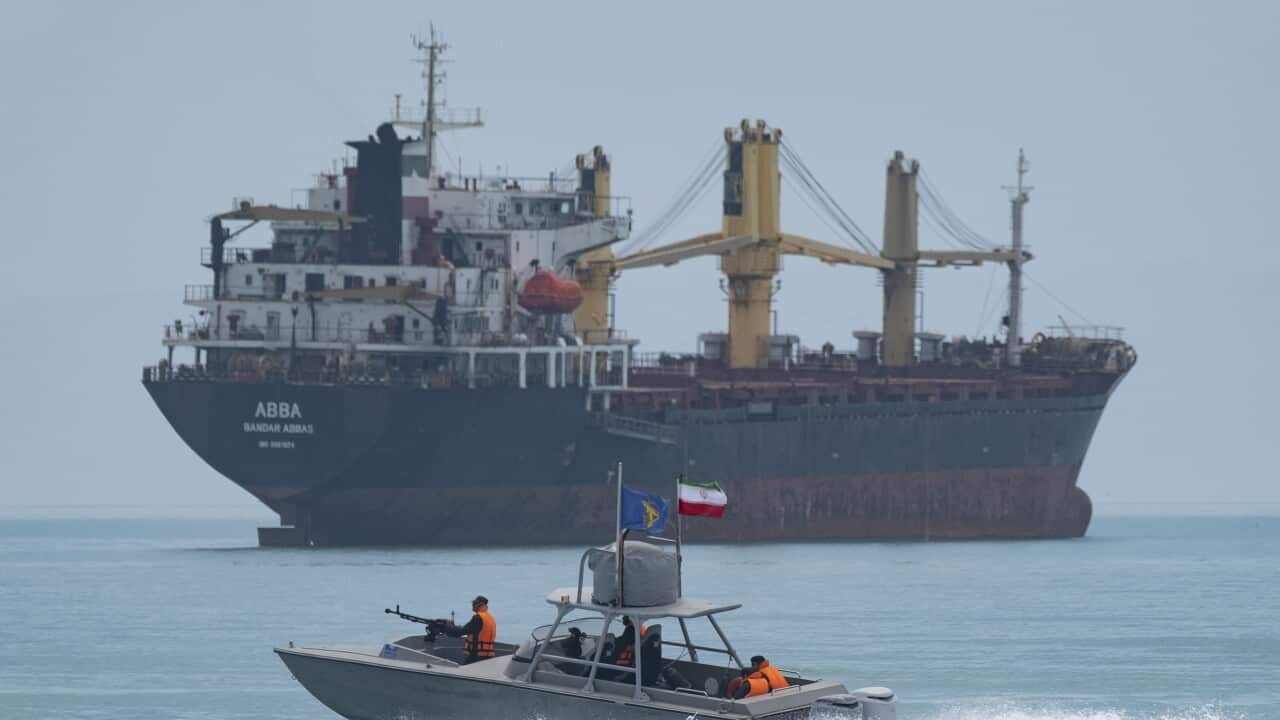Key Points
- Iran's retaliation may disrupt oil supplies, fuelling inflation in Australia.
- Petrol could rise 25 cents per litre if oil hits $100–$150 a barrel, warns AMP's Shane Oliver.
- A rise in petrol prices will likely impact airfare prices, though not immediately.
Iran's retaliation against United States military strikes could lead to a surge in fuel prices and higher inflation in Australia, economists say.
Motorists have already experienced a slight rise in the cost of fuel after the US launched strikes against three Iranian nuclear facilities. In retaliation, Iran has struck the US-run Al-Udeid base in Qatar without causing damage or casualties.
While Australian consumers have been advised not to panic about the Middle Eastern unrest, escalating conflict in the region could lead to further price hikes, according to AMP chief economist Shane Oliver.
"The real risk would be if intervention by the US sets off retaliation by Iran that disrupts oil supplies," he told the Australian Associated Press.
"If Iran do successfully block the Strait of Hormuz, then you'll end up with a bigger spike in oil prices and petrol and that will have a severe economic impact," Oliver said.
He said petrol would rise by 25 cents per litre in the likely event oil prices skyrocketed to more than $100 a barrel.
He said an increase in petrol costs could push up inflation, which would flow on to other parts of the economy.
"If the oil price went to $100 to $150 a barrel and it's a much bigger boost to inflation, the Reserve Bank of Australia would be inclined to wait before cutting interest rates again," he said.
"The price of airfares could go up, as well as plastic prices, which affect a lot of household goods."

Australian Travel Industry Association CEO Dean Long said airfares were not likely to increase immediately following the escalation in conflict in the Middle East.
But he said travellers heading through the Middle East on their way to Europe would likely face longer journeys.
"The increase in congestion is causing delays," he told AAP.
"With the narrowest flight path in recent memory — with Russia, Ukraine, Iran and Israel closed — the airspace is very narrow to get to Europe.
"Beforehand, there were multiple ways to catch up delays and stay on time, but in reality, there is a very narrow window to catch up delays, and there is less room for error by the airlines."
Long said there had not been any major disruptions for Australian travellers so far and urged passengers not to cancel their flights.
Prime Minister Anthony Albanese has backed the US's intervention in the conflict between Israel and Iran.
While Iran should not have access to nuclear weapons, Albanese said a de-escalation was needed.
For the latest from SBS News, download our app and subscribe to our newsletter.

